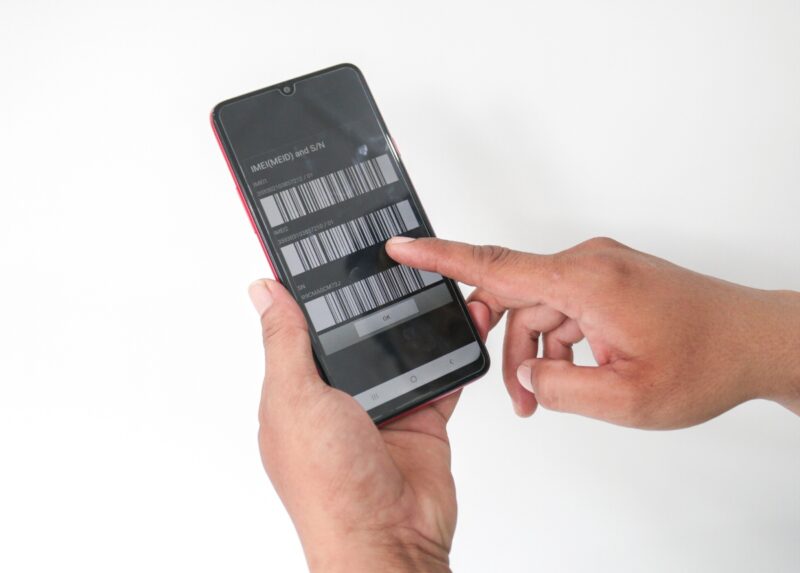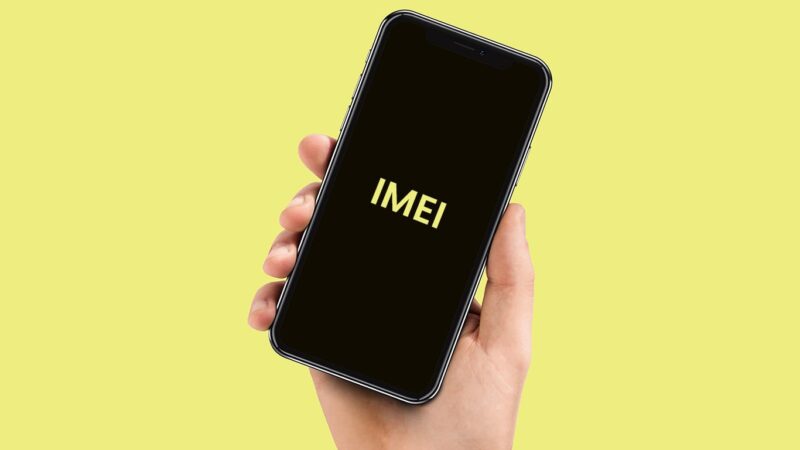Unlocking the full potential of your mobile device involves understanding the intricacies of IMEI numbers and mobile network compatibility. These two factors play a crucial role in ensuring that your device can connect seamlessly to the right network and provide you with the best possible user experience.
In this article, we will explore three key things to know about IMEI numbers and mobile network compatibility to help you make the most of your device. By delving into these aspects, you can empower yourself to make informed decisions when it comes to choosing a mobile device and optimizing its performance.
1. What is an IMEI Number?

Have you ever wondered what an IMEI number is and why its important for your mobile device? An IMEI, or International Mobile Equipment Identity, is a unique 15-digit code assigned to every mobile phone. It serves as a virtual fingerprint for your device, helping to identify it among the millions of phones in use around the world.
This number is used by mobile network operators to track and authenticate devices on their networks, as well as by law enforcement agencies to track stolen phones. Knowing your devices IMEI number can be crucial in case of loss or theft, as it can help you lock or locate your device.
So, next time you hear about IMEI numbers, remember, its not just a random string of digits – its an essential identifier for your mobile device.
2. Why is an IMEI Number Important for Your Mobile Device?

Understanding the importance of an IMEI number for your mobile device is crucial for a variety of reasons. Firstly, the IMEI number serves as a unique identifier for your device, allowing it to be distinguished from other similar models.
This is essential for tracking your device in case it is lost or stolen, as well as for ensuring that it is compatible with your mobile network provider. Additionally, the IMEI number plays a significant role in preventing unauthorized access to your device, as it can be used to blacklist stolen devices and prevent them from being activated on any network.
Overall, having access to your devices IMEI number is essential for both security and functionality purposes.
3. Understanding Mobile Network Compatibility for Your Device

When it comes to understanding mobile network compatibility for your device, there are several key factors to consider. The first thing to know is that not all devices are compatible with all mobile networks.
Its important to check the frequency bands supported by your device and compare them to the bands used by the network you wish to use. Additionally, some devices may be locked to a specific network, meaning they wont work with a SIM card from a different provider.
Lastly, its crucial to ensure that your device is not blacklisted or reported lost or stolen, as this can prevent it from connecting to any network. By keeping these factors in mind, you can ensure that your device is compatible with the mobile network you want to use.
Conclusion
In conclusion, understanding the importance of your IMEI number and its role in determining mobile network compatibility is crucial for a seamless user experience. By conducting an IMEI check and being aware of the three key factors discussed in this article – phone model, network bands, and unlocking status – users can make informed decisions when purchasing mobile devices and ensure compatibility with their desired network. Taking these factors into consideration will help minimize potential issues and optimize the performance of your device, ultimately enhancing your overall mobile experience.


